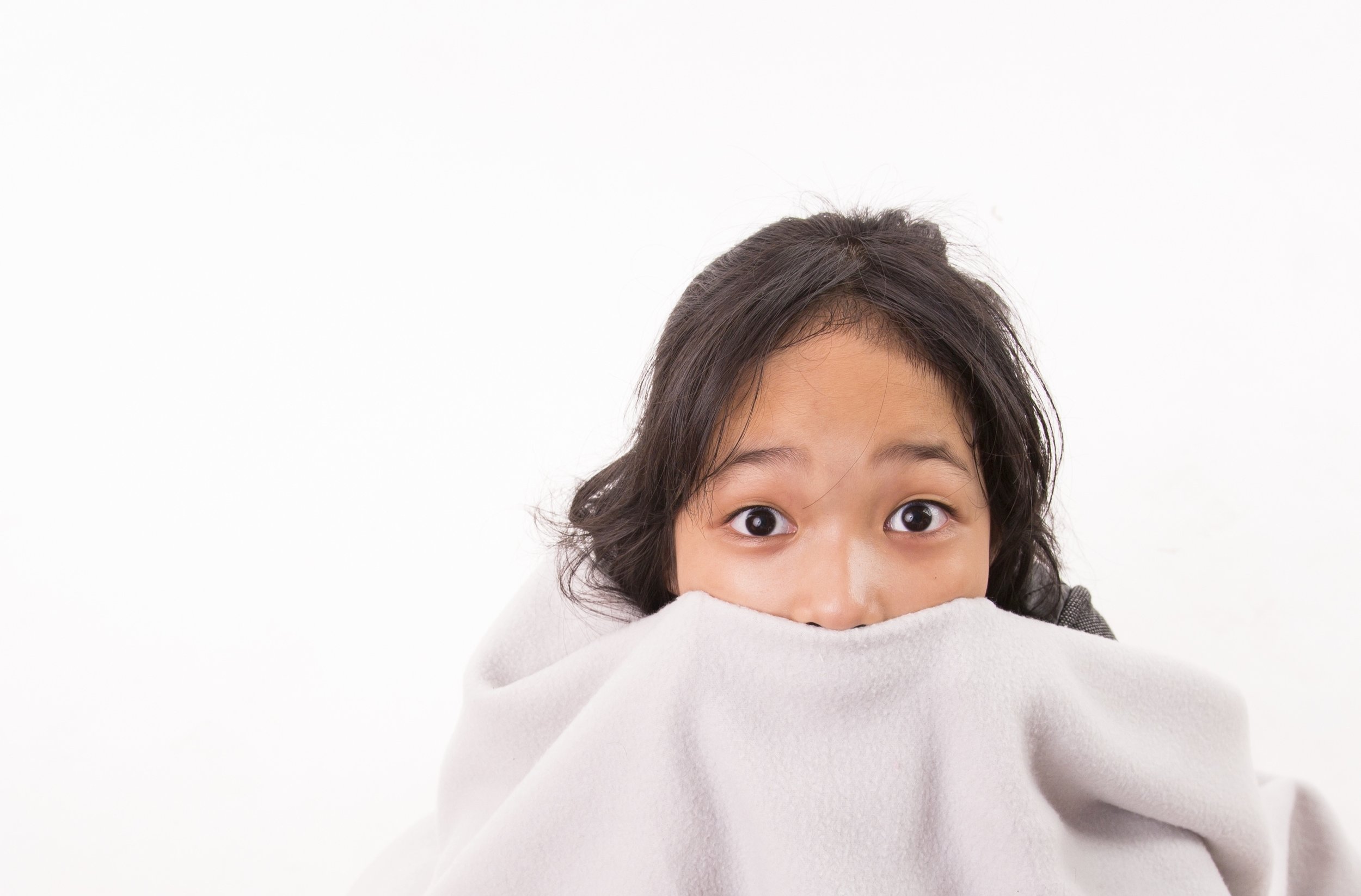A common but inconvenient problem that parents have to deal with as their children grow up is bedwetting. While most children naturally outgrow it, a few continue to wet their beds until they’re well into their teens.
“As these children become old enough to start sleeping over at the houses of friends and relatives, or as they begin thinking about sleep-away camp, they may be afraid of being teased about this problem. This contributes to poor self-esteem, which can damage other aspects of their lives,” says author David Zigelman, M.D., in his book The Pocket Pediatrician: An A-Z Guide to Your Child’s Health.
Parents should keep in mind that bedwetting is not a disease. It is but a stage in normal development and usually runs in families. If either or both parents were bedwetters, then chances are great that their child would be the same. It is also likely that the child would stop wetting his bed at around the same age that his parents did.
At times, bedwetting occurs simply because a child is a very sound sleeper. He just would not wake up even though his bladder is already full.
In others, bedwetting may be brought by a stressful situation. If a child who has not wet his bed for years suddenly does, then it may be that he is experiencing stress over a significant life event, says Dr. Zigelman, like the death or illness of a close relative, birth of a sibling, divorce of parents, or the move to a new home and school. In some cases, bedwetting may have been brought about by a condition such as a urinary tract infection, vaginitis, pinworms, or diabetes.
Here, Dr. Zigelman gives some suggestions on how parents can help a bedwetting child:
- Avoid a mess by protecting the mattress with a heavy plastic cover. It is also advisable to use diapers until the child is dry at night.
- After dinner, it would be good to reduce his fluid intake. Dr. Zigelman says, “It’s not reasonable to stop all of his drinking, but the amount drunk after supper should be half the previously acceptable amount.”
- About four hours before his bedtime your child should steer clear of food items with caffeine or have diuretic properties like colas and chocolates.
- Ask your child to go to the bathroom before going to bed. Most parents stay awake longer than their children. Before they go to bed, it would help for them to wake up their bedwetting child and ask him to go to the bathroom. He has to be fully awake, and not dragged or carried to the toilet. Otherwise, says Dr. Zigelman, “The parents are actually encouraging the child to let go and urinate in a groggy and sleepy state. This could actually promote bedwetting. Therefore, the child should first be fully awakened, should walk on his own, and then urinate in a more awakened state.”
- Place a potty or portable toilet in his bedroom to make peeing more convenient for him. A night light in his bedroom is also advisable so that he won’t get scared getting out of bed.
- If your child does wet his bed, don’t punish or berate him. Keep in mind that he is not doing it on purpose and cannot control the problem. “Punitive measures merely contribute to his lack of self-confidence,” he says.
- Give your child a reward for dry nights. A calendar with stickers representing dry nights, says Dr. Zigelman, is one way by which your child can show off his accomplishments.
- Last but not least, be patient. Sometimes accidents can occur even after several weeks of dry nights. Try again.
Photograph by Stanley Ong


Leave a Reply